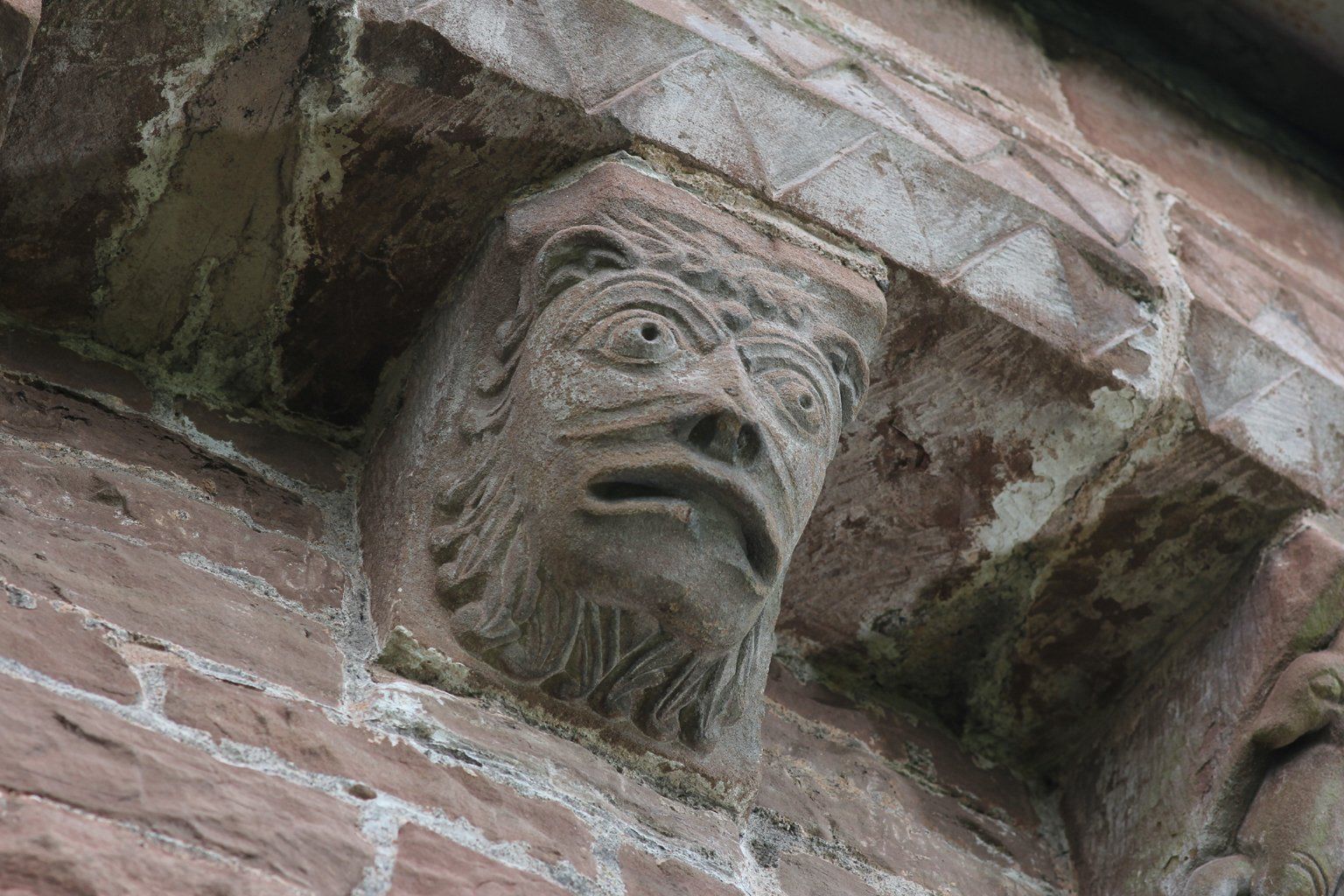Message of Abbot Paul - Wednesday 30th June
Message from Fr Paul for Wednesday, 30th June 2021
We must never forget that, although the Gospel message and the person of Jesus Christ are as important for us today as they were for the very first Christians two thousand years’ ago, the Gospels and the rest of the New Testament were written then and are bound to reflect the beliefs and, indeed, the “science“ of the time. As a result, we often find Jesus and the apostles having to deal with demons and those possessed by them. Today’s Gospel passage from Matthew, (Mt 8: 28-34), is a good example. “When Jesus reached the country of the Gadarenes on the other side of the lake, two demoniacs came towards him out of the tombs – creatures so fierce that no one could pass that way. They stood there shouting, ‘What do you want with us, Son of God? Have you come here to torture us before the time?’ Now some distance away there was a large herd of pigs feeding, and the devils pleaded with Jesus, ‘If you cast us out, send us into the herd of pigs.’ And he said to them, ‘Go then’, and they came out and made for the pigs; and at that the whole herd charged down the cliff into the lake and perished in the water. The swineherds ran off and made for the town, where they told the whole story, including what had happened to the demoniacs. At this the whole town set out to meet Jesus; and as soon as they saw him, they implored him to leave the neighbourhood.” There are slightly different versions of the same story in Mark and Luke.
Jesus and his disciples have travelled by boat from one side of the Sea of Galilee, probably near Capernaum, to the other side. They have arrived in the country of the Gadarenes, Gentile territory in the region of the Decapolis, southeast of the sea. Matthew told us that Jesus had sailed there to get away from the crowds. Jesus has come ashore to an area marked by ancient tombs. This is where the encounter between Jesus and the two demon-possessed men occurs. Now the Israelites considered graveyards to be unclean places. Demon possession was understood to be a fact of life in and around Israel and in much of the ancient world. Nobody questioned the existence of demons. They had seen too many people afflicted, some violently, when possessed. Demons were known to alter a person’s personality and behaviour, as well as causing those oppressed to behave in self-destructive and violent ways. I suspect that disbelief in the spiritual world is a more potent weapon today than it would have been in the time of Jesus.
As a young lad hearing this miracle read, it always struck me as being unfair on the pigs. What had they done to deserve this dreadful fate? And what about their owners? What right did Jesus have to do such a thing, resulting in the death by drowning of the swine? What about the rights of their owners? And what effect did this episode have on the lake and its fish? Then it struck me that perhaps it was more of a parable than a miracle. The demons recognise and acknowledge Jesus to be the Son of God, whereas most people do not. Look at the reaction of the townsfolk who ask Jesus to leave. Just as the shepherd leaves the ninety nine to go in search of the lost sheep, so the death of the Gadarene swine is worth the salvation of two lost souls. The Son of God, Jesus our Lord and Messiah, gives his life on the cross for our redemption. He died for me, but was I worth it? I might think no, but Jesus would say yes. No sacrifice is too great to save a lost soul. Lord, grant me a spirit of sacrifice and help me to put the needs of others first. Amen.










